Description
Foundation Course – IV
(Contemporary Issues)
SYBCOM Semester IV
Syllabus
1. Significant, Contemporary Rights of Citizens (12 Lec.)
A. Rights of Consumers – Violations of consumer rights and important provisions of the Consumer Protection Act, 2016; Other important laws to protect consumers; Consumer courts and consumer movements. (3 Lectures)
B. Right to Information – Genesis and relation with transparency and accountability; important provisions of the Right to Information Act, 2005; some success stories. (3 Lectures)
C. Protection of Citizens’/Public Interest – Public Interest Litigation, need and procedure to file a PIL; some landmark cases. (3 Lectures)
D. Citizens’ Charters, Public Service Guarantee Acts. (3 Lectures)
2. Approaches to Understanding Ecology (11 Lec.)
A. Understanding approaches to ecology – Anthropocentrism, Biocentrism and Eco centrism, Ecofeminism and Deep Ecology. (3 Lectures)
B. Environmental Principles – 1 : The Sustainability Principle; The Polluter Pays Principle; The Precautionary Principle. (4 Lectures)
C. Environmental Principles – 2 : The Equity Principle; Human Rights Principles; The Participation Principle. (4 Lectures)
3. Science and Technology – II (11 Lec.)
Part – A : Some Significant Modern Technologies, Features and Applications (7 Lectures)
i. Laser Technology – Light Amplification by Stimulated Emission of Radiation; Use of Laser in Remote Sensing, GIS/GPS Mapping, Medical Use.
ii. Satellite Technology – Various uses in satellite navigation systems, GPS, and imprecise climate and weather analyses.
iii. Information and Communication Technology- convergence of various technologies like satellite, computer and digital in the information revolution of today’s society.
iv. Biotechnology and Genetic Engineering – Applied biology and uses in medicine, pharmaceuticals and agriculture; genetically modified plant, animal and human life.
v. Nanotechnology – Definition: the study, control and application of phenomena and materials at length scales below 100 nm; uses in medicine, military intelligence and consumer products.
Part – B : Issues of Control, Access and Misuse of Technology. (4 Lectures)
4. Introduction to Competitive Exams (11 Lec.)
Part – A : Basic information on Competitive Examinations- the pattern, eligibility criteria and local centres:
i. Examinations conducted for entry into Professional Courses – Graduate Record Examinations (GRE), Graduate Management Admission Test GMAT), Common Admission Test (CAT) and Scholastic Aptitude Test (SAT).
ii. Examinations conducted for entry into jobs by Union Public Service Commission, Staff Selection Commission (SSC), State Public Service Commissions, Banking and Insurance sectors, and the National and State Eligibility Tests (NET / SET) for entry into teaching profession.
Part – B : Soft skills required for Competitive Examinations (7 Lectures)
i. Information on areas tested : Quantitative Ability, Data Interpretation, Verbal Ability and Logical Reasoning, Creativity and Lateral Thinking
ii. Motivation: Concept, Theories and Types of Motivation
iii. Goal-Setting: Types of Goals, SMART Goals, Stephen Covey’s concept of human endowment
iv. Time Management: Effective Strategies for Time Management
v. Writing Skills: Paragraph Writing, Report Writing, Filing an application under the RTI Act, Consumer Grievance Letter.
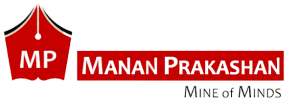

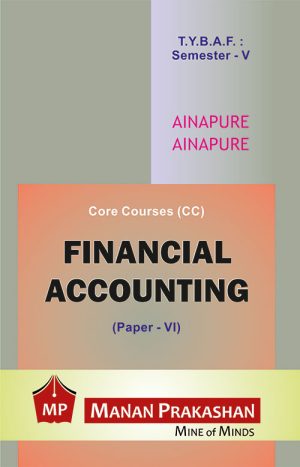
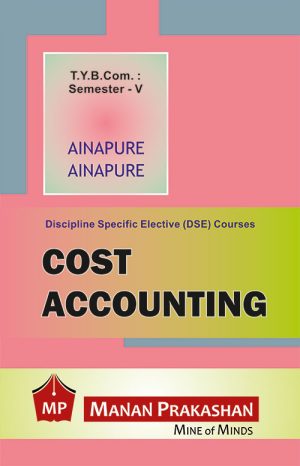
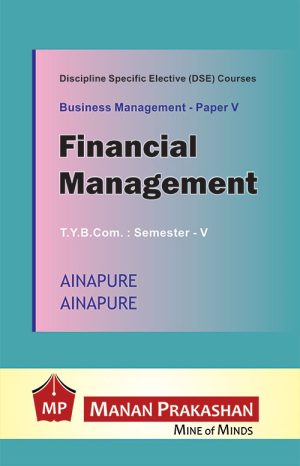
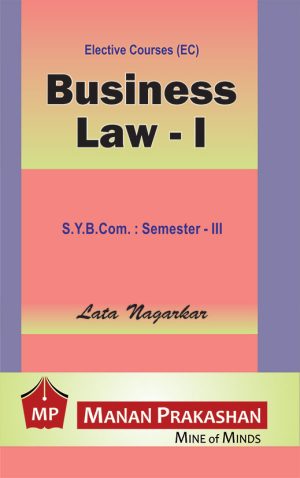
Reviews
There are no reviews yet.